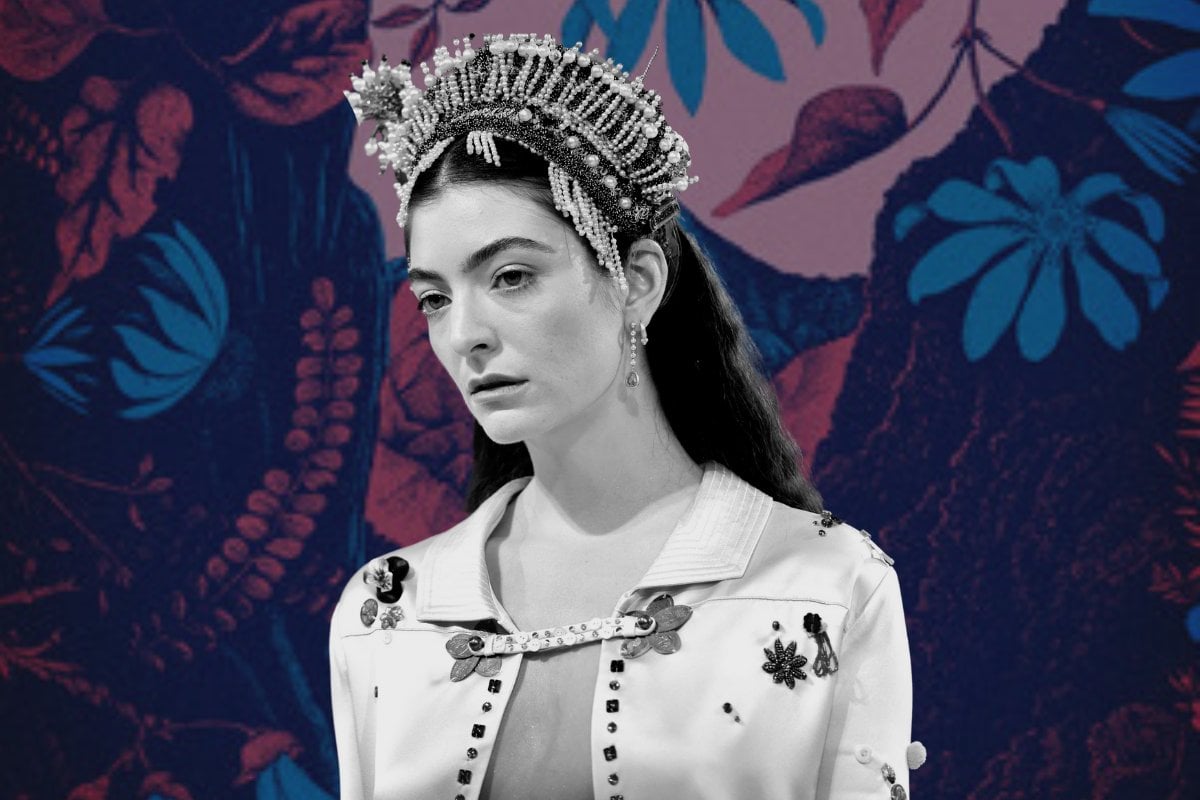
Ella Yelich-O'Connor, better known as Lorde, is arguably one of the biggest pop stars in the world.
So it came as no surprise when her latest release, an EP sung in the Māori language of Te Reo, called Te Ao Mārama, gained recognition on a global scale.
But for those back in New Zealand, surrounded by their ahurea (culture) and whanau (family), Lorde’s ode to the “Aotearoa sun” has not received the warm welcome one might expect.
Listen to Lorde's Mata Kohore from her album Te Ao Mārama. Post continues after video.
When I listened to her words, sung in a language I have always embraced but not ever known, I felt, for lack of simpler terms, recognised.
My beautiful culture - one that has been largely ignored for its tiny population - would be heard by the world. And for that, I felt gratitude.
Sure, she is not Māori. And her pronunciation is no better than mine, as a Māori girl whose most basic knowledge comes from two childhood songs and a few key phrases. However, I saw it as a way for my people to get the recognition they deserved.

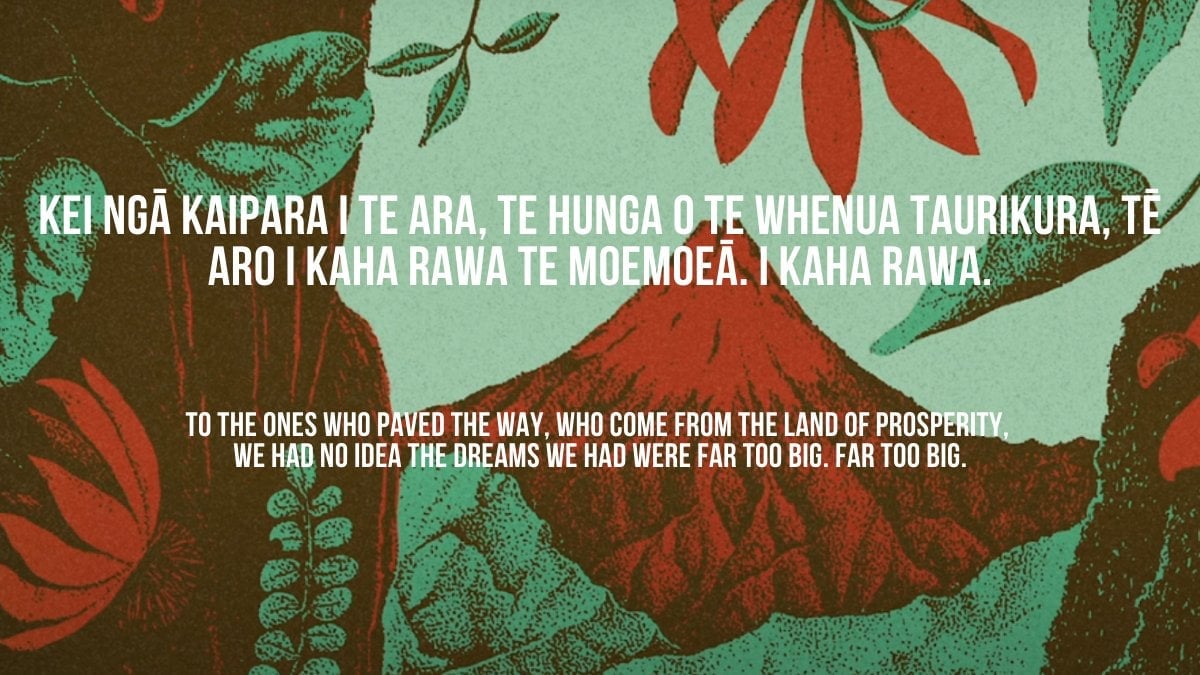
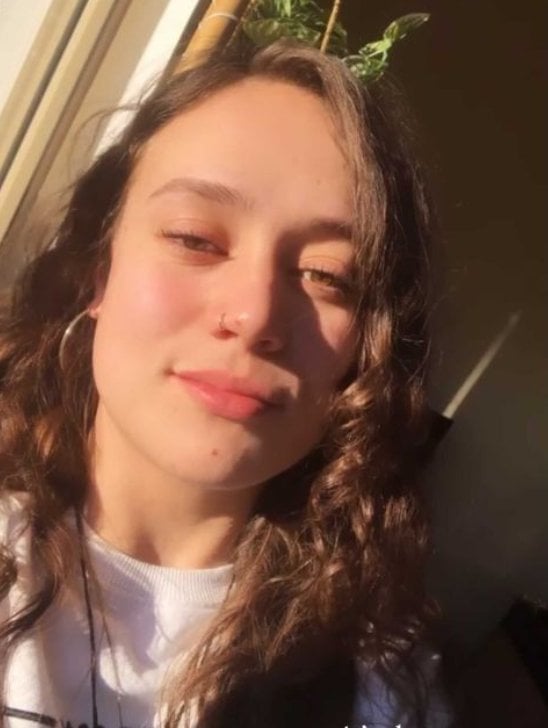
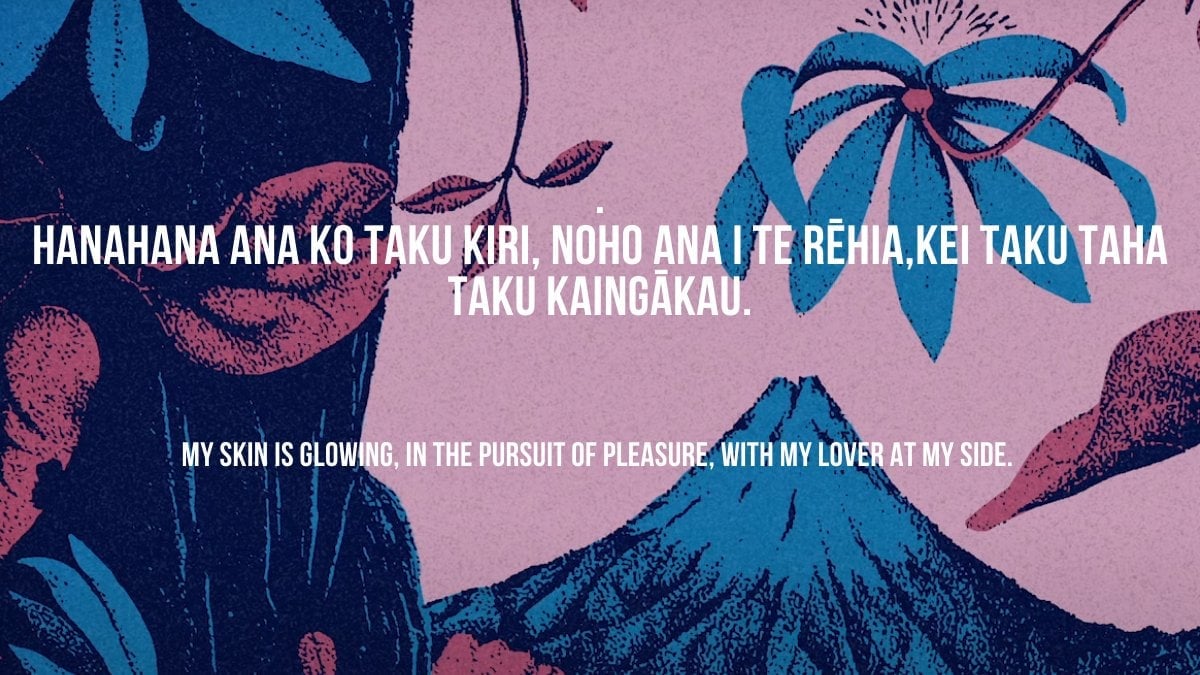
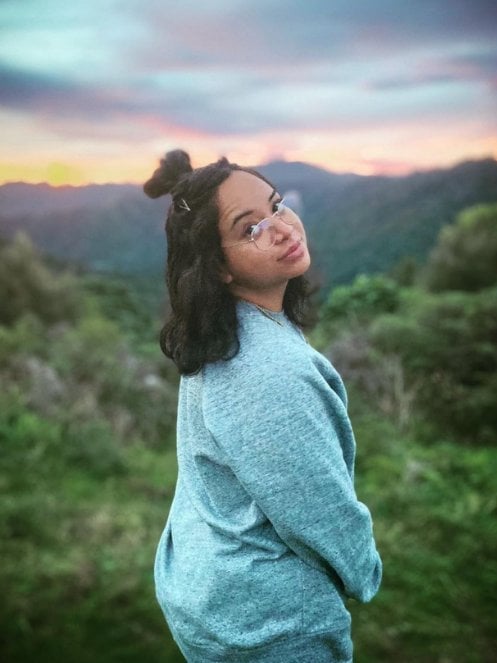

Top Comments